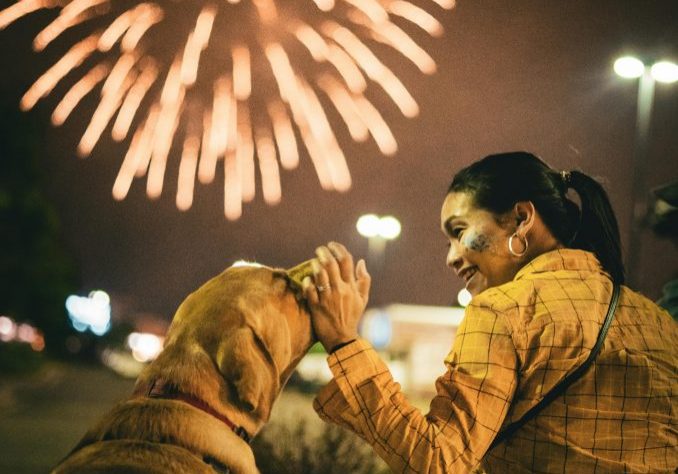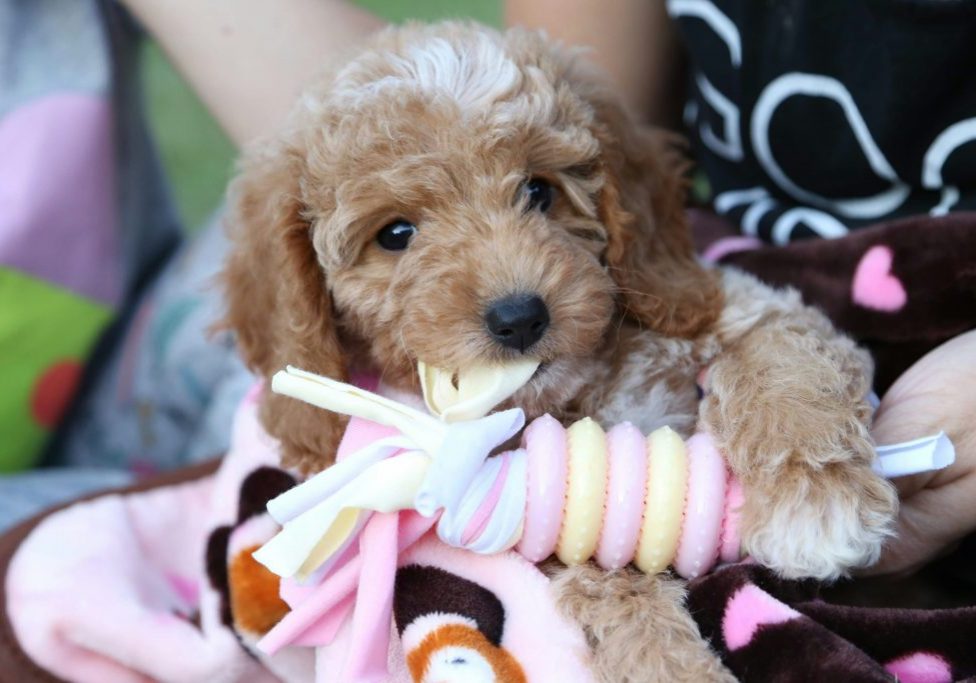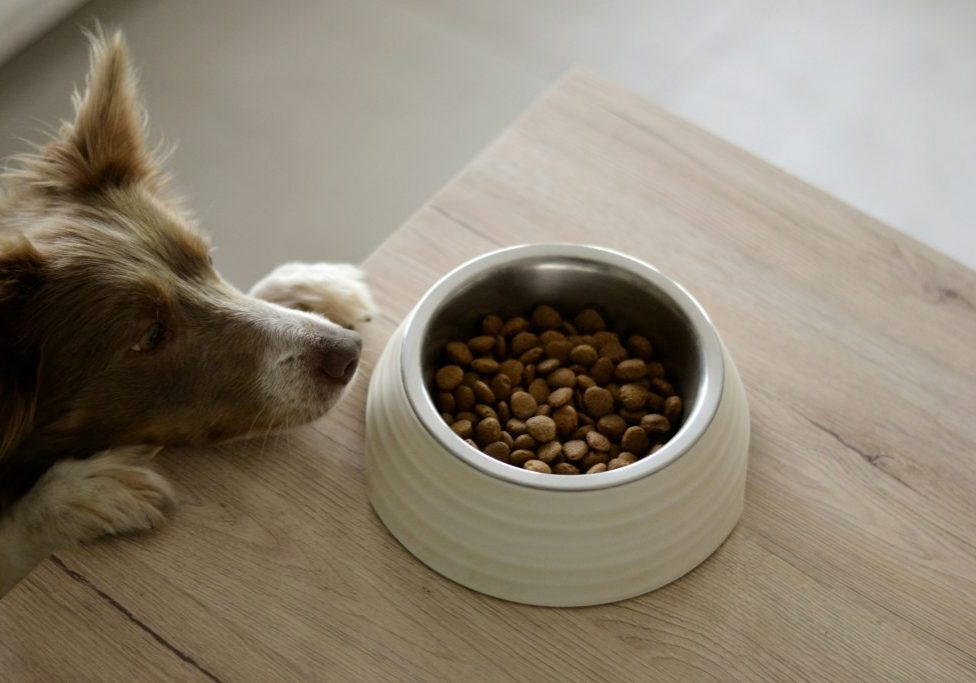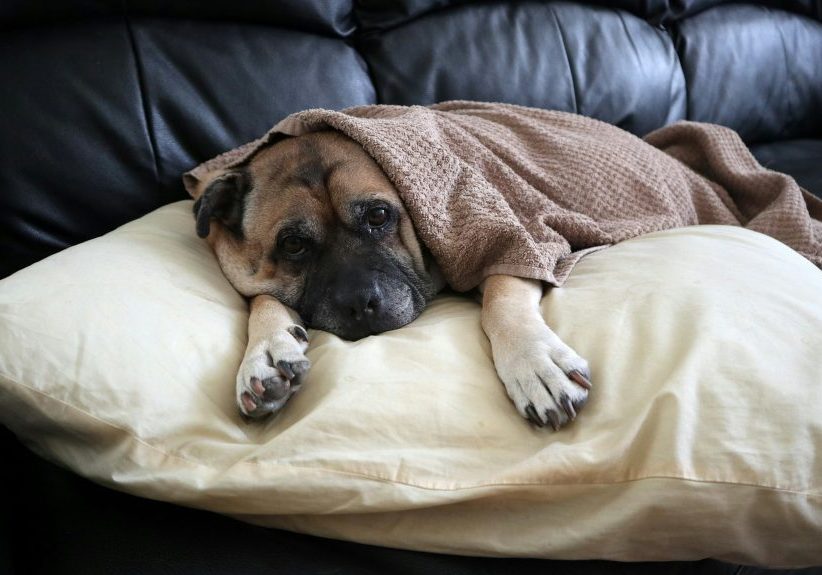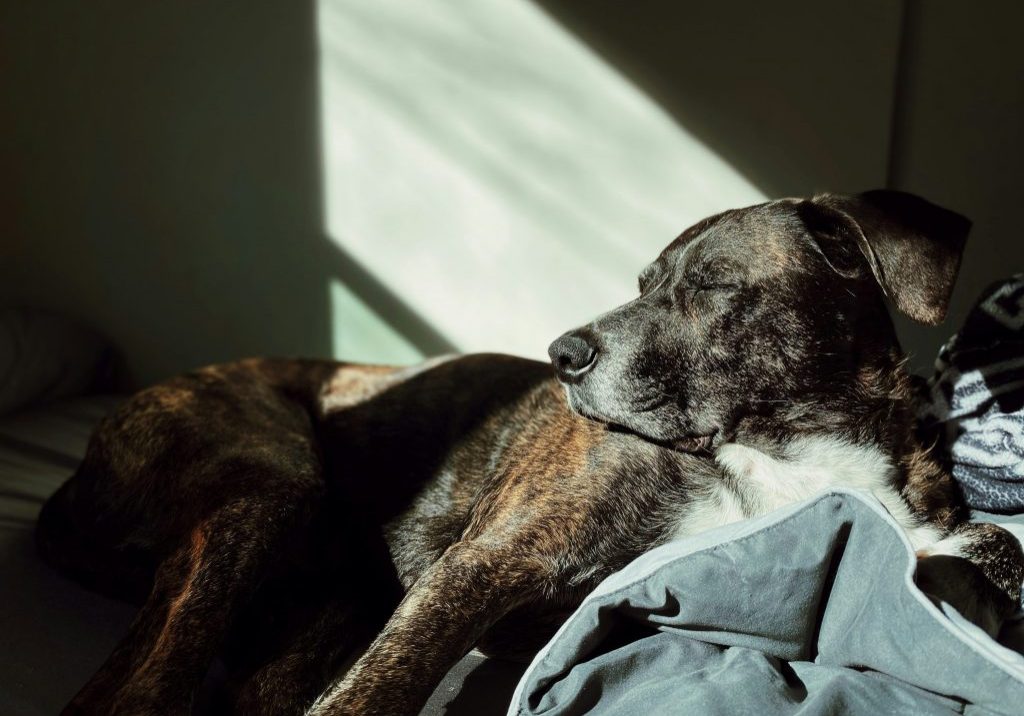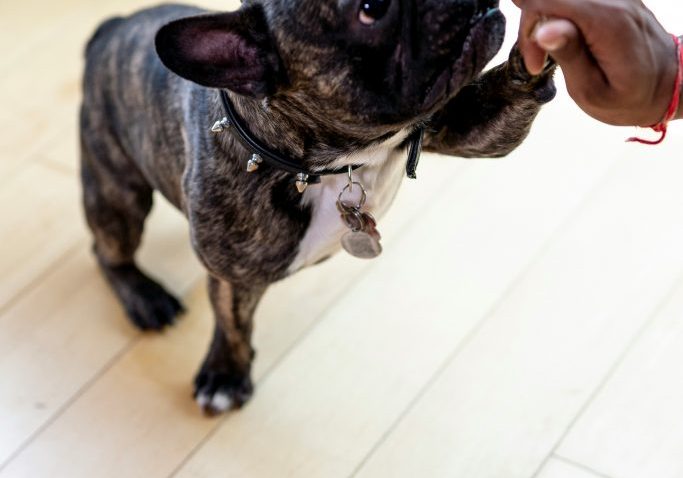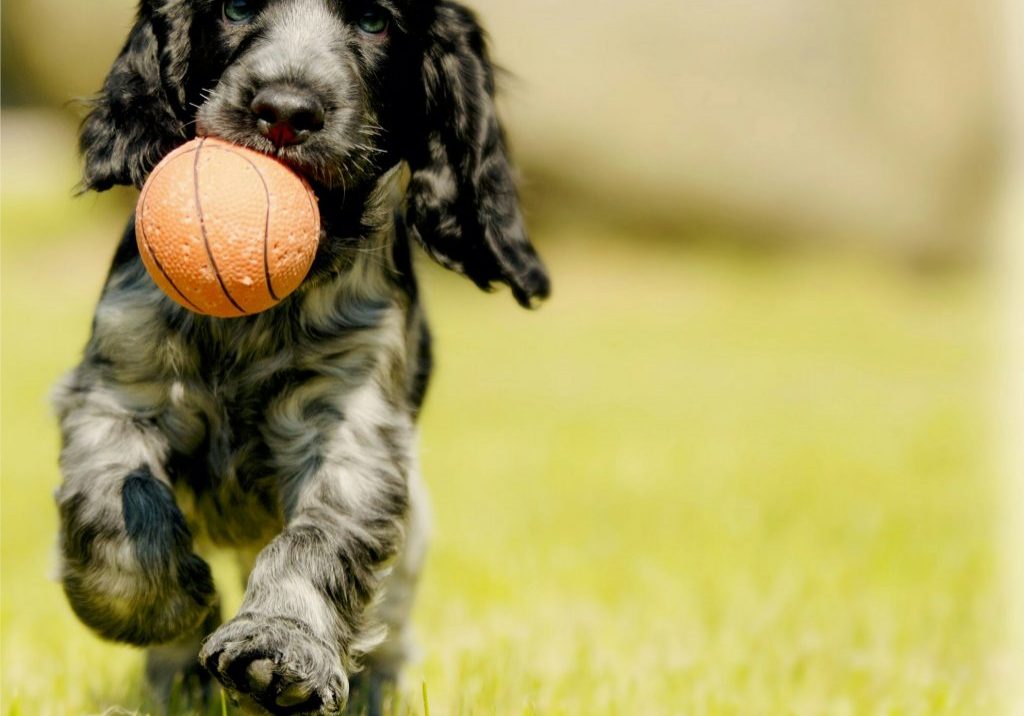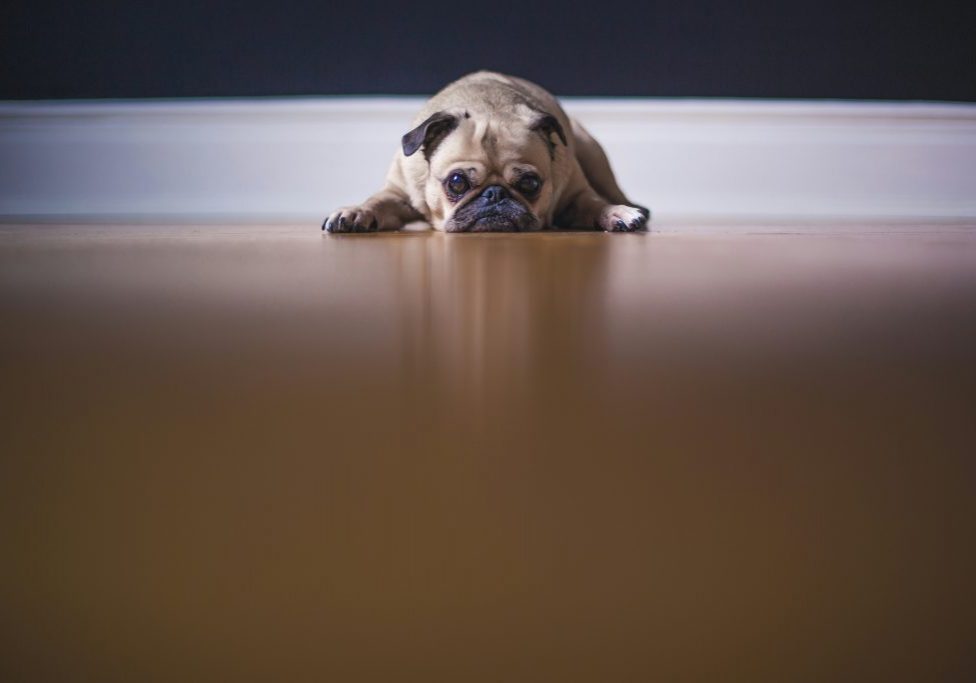Building Routines For Your Puppy
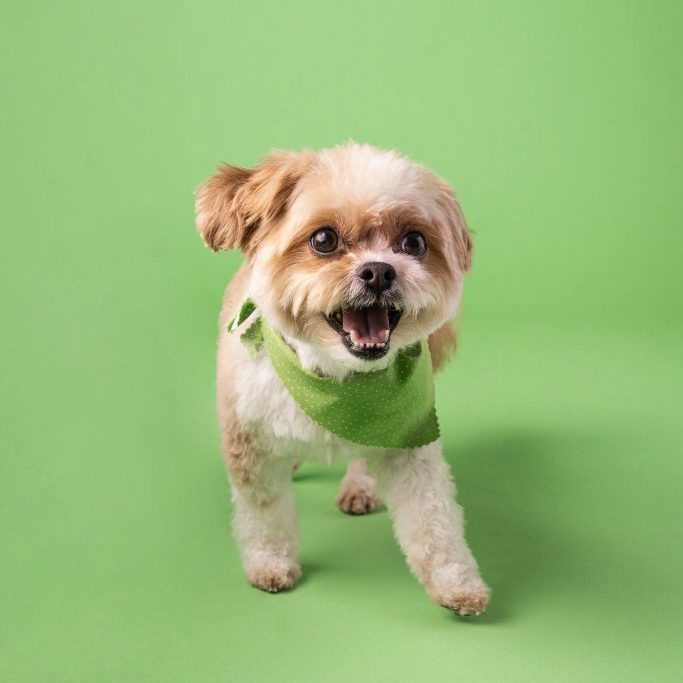
hwllo-sniffer.co.uk/building-routines-for-your-puppy
December 5, 2024
Sniffer_Admin
Life with a puppy is full of surprises, but one thing every new dog owner can agree on is the importance of structure. Puppies thrive on predictability—it helps them feel safe, learn faster, and settle into their new home. But how do you create a routine that works for both of you without feeling like you’re running a military operation? Let’s take a closer look at why routines matter and how to build one that sticks.
Why Routines Matter More Than You Think
Imagine if every day felt completely different—mealtimes shifted, bedtime was unpredictable, and you never knew what to expect next. It would be stressful, right? That’s how your puppy feels without a routine.
A consistent schedule gives your puppy confidence and helps them learn what’s expected. It’s not just about order; it’s about fostering trust. Routines teach them when to eat, sleep, play, and, of course, where to go to the toilet.
Mealtime: Fuel Their Growth
Puppies have small stomachs and big appetites. Feeding them at the same times every day helps regulate their energy and digestion. Start by breaking their daily food allowance into three or four small meals, and stick to set times.
Consistency also makes potty training easier—puppies often need to relieve themselves after eating, so having a set feeding schedule creates predictable bathroom breaks.
Pro Tip: Don’t leave food out all day. Stick to mealtimes so your puppy doesn’t overeat or graze aimlessly.
Sleep Patterns: Rest Is Best
It might surprise you how much your puppy sleeps. In fact, they can snooze up to 18 hours a day! Sleep is essential for their growth and development, so it’s important to establish a clear bedtime routine.
Set up a quiet, comfy spot where they can rest undisturbed. Over time, they’ll learn to associate this space with sleep. Keep bedtime consistent—even on weekends—to help their internal clock stay on track.
Playtime: Burning Energy (and Mischief)
Puppies are bundles of energy, and if they don’t have an outlet for it, they’ll find their own fun—usually involving your shoes or furniture. Schedule regular play sessions throughout the day to keep them happy and healthy.
Use toys to make playtime engaging, and don’t forget to incorporate short training sessions into the mix. Five minutes here and there is plenty for teaching basic commands like “sit” and “stay.”
Pro Tip: Balance active play with mental stimulation, like puzzle toys or treat-dispensing games, to tire them out both physically and mentally.
Bathroom Breaks: Timing Is Everything
Potty training goes hand-in-hand with building a routine. Puppies usually need to go after eating, sleeping, or playing, so plan bathroom breaks around those activities.
Take them out first thing in the morning, after meals, and just before bedtime. Gradually, they’ll learn when and where they’re supposed to go.
Quick Tip: Accidents happen, so don’t stress. Stay consistent, and your puppy will catch on eventually.
Walks: When the World Is Your Playground
Once your puppy has had their vaccinations, you can start incorporating walks into their daily routine. For young puppies, keep walks short and fun—this isn’t about exercise just yet; it’s about exploration and socialisation.
Choose a consistent time each day to walk them, whether it’s after breakfast or before dinner. Routines help them know when to expect their next adventure and prevent over-excitement or frustration.
Training Time: Short and Sweet
Training isn’t just about teaching commands—it’s about building trust and communication. Puppies have short attention spans, so keep training sessions brief (around 5–10 minutes) and positive.
Pick a time when your puppy is alert but not overstimulated—maybe after a short nap or some light play. Sticking to a regular training schedule helps reinforce good behaviour and creates opportunities to bond.
Adjusting As They Grow
Routines aren’t set in stone. As your puppy grows, their needs will change. Mealtimes might shift, bathroom breaks will become less frequent, and bedtime may get later. The key is to adjust gradually while maintaining consistency in the overall structure.
Avoiding Over-Scheduling
While routines are important, they shouldn’t feel rigid or overwhelming. Puppies need downtime too, so don’t pack their day with constant activity. A healthy balance of play, rest, and training is the goal.
Building Your Routine: A Sample Schedule
Here’s a simple daily routine to get you started:
- Morning:
- Bathroom break
- Breakfast
- Short walk or playtime
- Training session
- Midday:
- Bathroom break
- Lunch
- Nap
- Playtime or mental stimulation
- Evening:
- Bathroom break
- Dinner
- Training or playtime
- Short walk
- Quiet time before bed
- Night:
- Bathroom break
- Bedtime in their designated sleeping spot
Final Thoughts
Building a routine for your puppy might take some trial and error, but the rewards are worth it. A structured day helps your puppy feel secure, speeds up training, and strengthens your bond.
And remember, while routines provide structure, they also make room for life’s little joys—those impromptu snuggles, silly play sessions, and all the other moments that make puppyhood so special.
